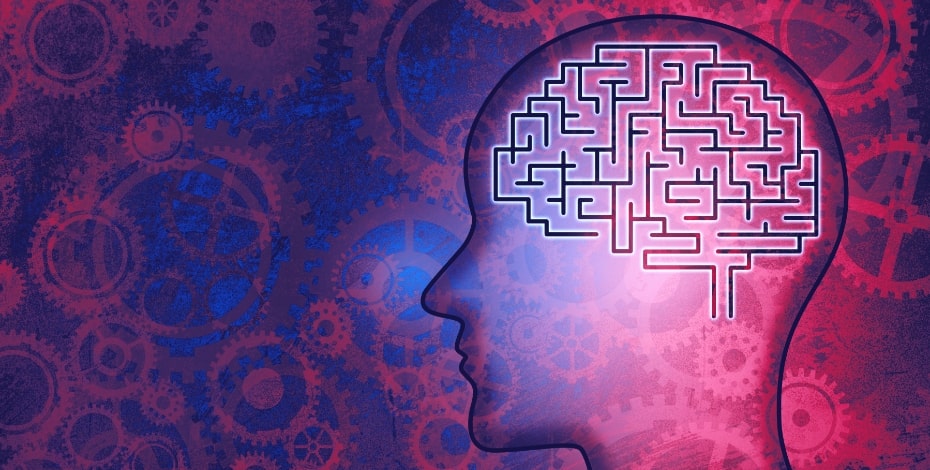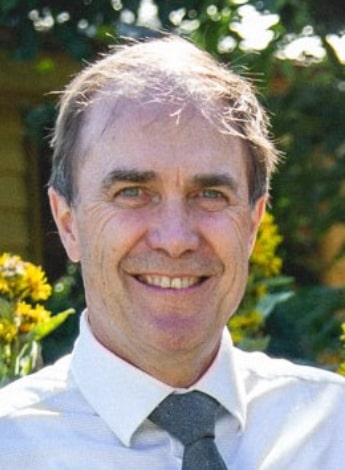
Journey within for healing without

Physiotherapists can examine their cognitive biases with David Humphries at the Tasmanian Summer Breakfast in Sandy Bay.
Cognitive biases are many and affect a person’s thinking and actions every day, from influencing the purchase of a brand of dishwashing liquid to the information (stories, advertisements) that regularly feed into an individual’s social media account.
In a research or clinical context, sports and exercise physician Dr David Humphries says it’s human nature to study successes rather than our failures, but if clinicians and researchers flipped their approach to thinking, patient outcomes could improve.
Physiotherapists can learn about cognitive biases that influence everyday clinical decision-making when David speaks at the annual Tasmanian Summer Breakfast on 26 November.
With 35 years’ experience in sports and exercise medicine, 28 of those working in Hobart, David has amassed a wealth of experience and knowledge in the prevention, diagnosis and treatment of myriad injuries.
His interest in metacognition, which involves any behaviour directly linked with a person’s control and monitoring of their own learning and thinking, is influencing how he teaches and practises as a clinician.
‘Metacognition is the fancy name for thinking about how we think, but it’s really just asking us to have a thought about why we’re coming to a certain conclusion.
'It’s human nature to take mental short cuts and gravitate to what we know and like.’
However, such an approach could lead to mental mistakes or cognitive biases, such as seeking research or data to confirm existing beliefs, when treating a patient.
When physiotherapists can quality-control their thinking and reasoning, cognition and behaviour can be redirected to improve the chances of successfully achieving goals and outcomes.
David says his presentation, ‘Thinking about thinking’, will be ‘more narrative rather than literature driven’.
‘It won’t be a high-tech talk backed by loads of research.
'Rather, it is aimed at raising awareness about the tricks our brains play on us routinely and, for physiotherapists, the way this could impact patient outcomes.

Sports and exercise physician David Humphries is interested in the role of cognitive bias in physiotherapy.
'I will bring in examples of particular biases and how they can apply in a clinical setting… physiotherapists naturally want to help people so if we can improve our understanding of how we think, we can improve research and clinical decision-making.’
David is one of the first cohort of sports and exercise medicine physicians in Australia, receiving his fellowship in 1991.
He works in private clinical practice, conducts research in sports medicine and teaches internationally and locally at the School of Medicine, University of Tasmania, educating students on the value of exercise as a medical intervention.
His skills are in demand with many sporting organisations, including AFL Tasmania, Cricket Tasmania and professional basketball.
He has received the Citation for Distinguished Service from the Australasian College of Sport and Exercise Physicians for his roles in education, in examinations and as college president.
His research has been published in the British Journal of Sports Medicine and he has developed online tutorials for both the Australasian College of Sport and Exercise Physicians and the American Medical Society for Sports Medicine.
‘We’ve got quite good data in medicine that tells us that we make errors, clinical errors, all of the time… some because we don’t have enough knowledge and some because of the unconscious biases we have.
'If we’re going to improve outcomes, then we need to become aware of those biases and how they might affect us.
'And if we’re aware of them, we can take some strategic steps to try and make them less influential,’ he says.
‘If we can do that, then we might improve our clinical outcomes, maybe only a few per cent, but all those per cents are worthwhile.’
The Tasmanian Summer Breakfast will be held in Sandy Bay, Tasmania, on Friday 26 November at 7 am.
Click here to book.
>> Dr David Humphries recently led a Delphi group in the development of an international syllabus in the medical specialty of sports and exercise medicine, with two papers published in the British Journal of Sports Medicine. He teaches and examines internationally.
© Copyright 2024 by Australian Physiotherapy Association. All rights reserved.





